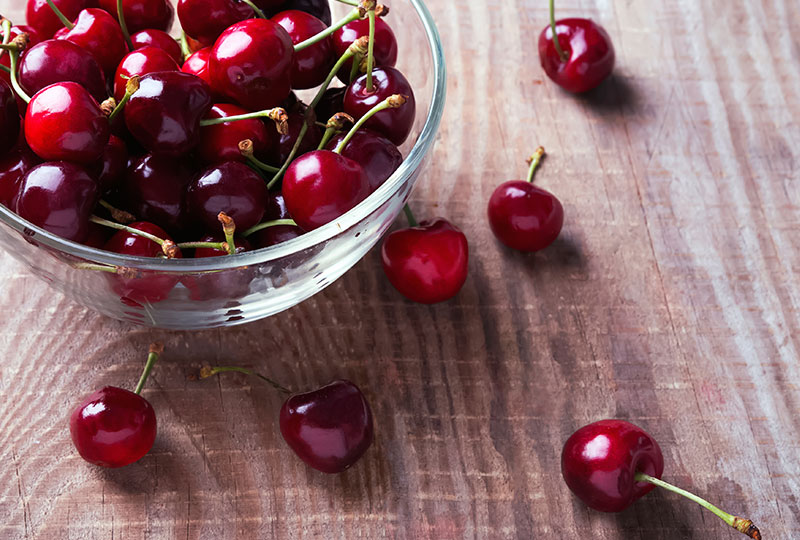A Vanderbilt expert discusses gout and how what you eat can impact the arthritis.
Big toe got you down? Howard A. Fuchs, M.D., Rheumatology Fellowship Training Director at Vanderbilt University Medical Center, says gout is a common inflammatory arthritis that affects about 0.5 percent of the population.
“Early in the course of gout, the onset of an attack of gouty arthritis is quite sudden, reaching maximum intensity within several hours. The joints in the feet and ankles are most commonly involved and during an attack become intensely tender, warm and swollen to the point that one usually cannot bear weight on the affected joint,” Fuchs said.
Who gets gout?
Gout usually first affects men in their third and fourth decades of life, Fuchs says; female onset is typically after menopause.
It all depends on uric acid. “If one’s uric acid level in the blood is high, the chances for forming crystals and developing the arthritis are increased — the higher the uric acid level, the higher the chances of developing gout,” Fuchs says.
“Most patient with gout have high uric acid levels due to the kidney not efficiently excreting uric acid and, as we age, kidney function declines and gout also becomes more frequent,” he adds.
What foods trigger gout?
People with gout should avoid foods high in purines, which can raise uric acid levels in the body. Fuchs says people with gout should avoid the following:
- Shellfish
- Anchovies
- Organ meats
- Red meats
- Beer
What foods should you eat to help gout?
The Arthritis Foundation advises five foods to focus on whether you are trying to control gout or prevent it. They are:
- Vegetables: Though some vegetables have purine, the levels are much lower than meat.
- Cherries: Research suggests cherries, cherry juice and extract may reduce inflammation and reducing uric acid levels.
- Water: Drinking more water could mean fewer gout flares.
- Dairy products: Low-fat dairy products may improve uric acid excretion in urine.
- Coffee: Both regular and decaf coffee have been shown to reduce risk of gout with lower uric acid levels.
To learn more about the forms of arthritis Vanderbilt Rheumatology treats, visit its website or call 615-322-1900.

